Leigh MacMillan
-
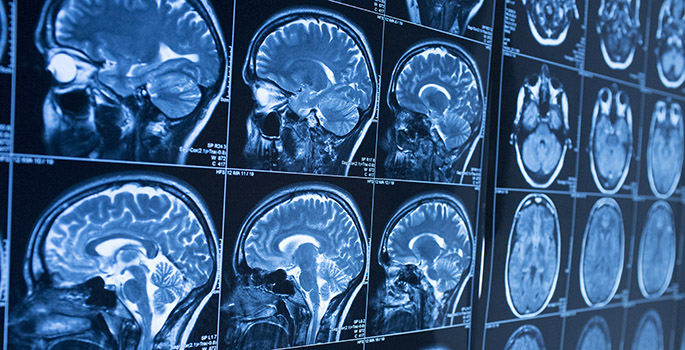
NYU’s Tsien to discuss brain plasticity at next Discovery Lecture
Richard Tsien, PhD, director of the Neuroscience Institute at NYU Langone Medical Center, will deliver the next web-based Discovery Lecture. Read MoreMar 29, 2021
-
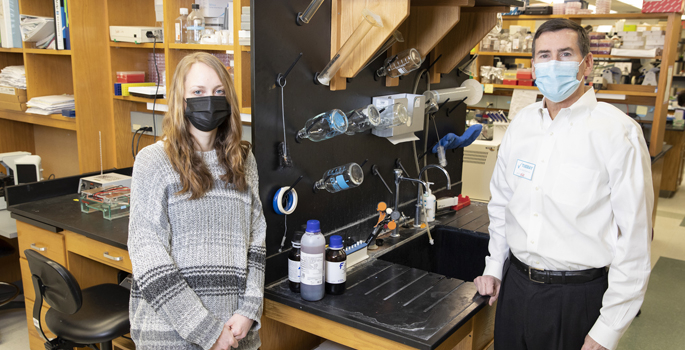
Team studies new use for pulmonary hypertension drug
An FDA-approved medication enhances the function of T regulatory cells (Treg), a class of immune cells that restrains the immune response, Vanderbilt investigators have discovered. Read MoreMar 25, 2021
-

Prostate cancer microenvironment
Distinct cancer-associated fibroblasts in the prostate tumor microenvironment may influence tumor progression and could point to new therapeutic targets. Read MoreMar 23, 2021
-
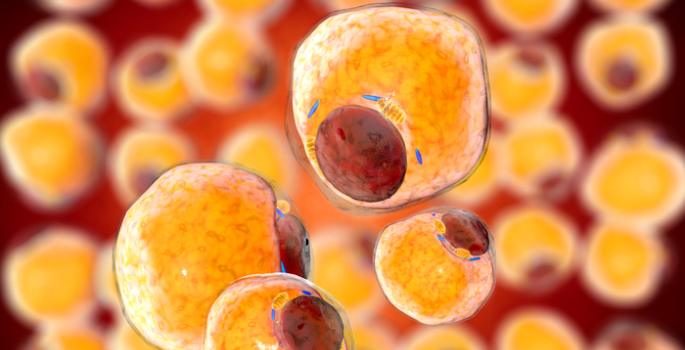
HIV, diabetes and immune cells in fat
In HIV-positive individuals with diabetes, immune cells in fat are more proinflammatory and cytotoxic and may represent a therapeutic target for diabetes. Read MoreMar 18, 2021
-

Electronic health record study discovers novel hormone deficiency
A novel hormone deficiency may exist in humans, Vanderbilt investigators have discovered. In an analysis of two decades worth of electronic health records, the researchers found that some patients have unexpectedly low levels of natriuretic peptide hormone in clinical situations that should cause high levels of the hormone. Read MoreMar 11, 2021
-
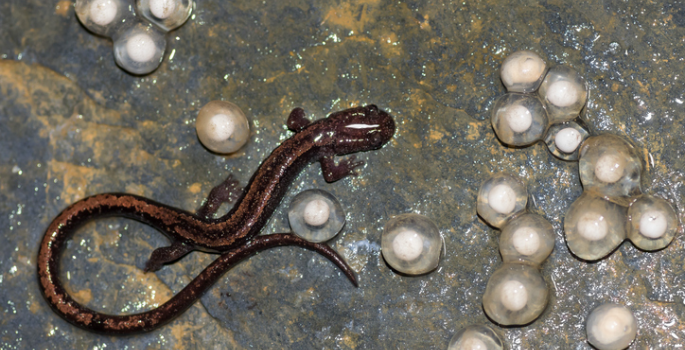
Temperature, newts, and a skin-eating fungus
The emergence of pathogenic skin fungi that cause the disease chytridiomycosis is contributing to the global loss of amphibian populations. Read MoreMar 8, 2021
-

Targeting glucagon action in diabetes
Disrupting the action of glucagon — a pancreatic hormone that works to raise blood glucose — restores functional insulin-producing cells in mouse models of type 1 diabetes and may be a promising treatment strategy. Read MoreMar 4, 2021
-
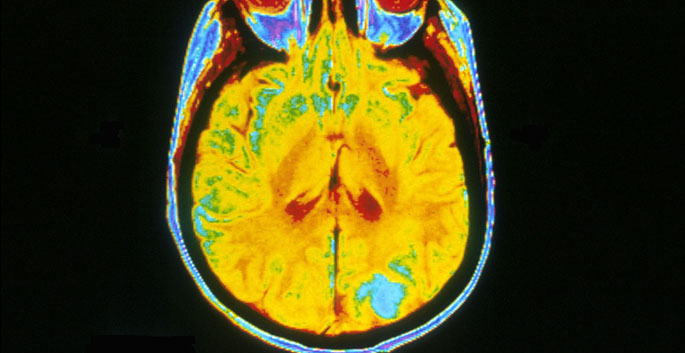
MRI view of brain tumor prognosis
In patients with glioblastoma brain tumors, features detected on MRIs at diagnosis were associated with survival, Vanderbilt Medical Center investigators found. Read MoreFeb 22, 2021
-

Genetic clues in eye birth defect
Sabine Fuhrmann and colleagues have discovered a novel underlying cause of coloboma — a birth defect that causes missing tissue in the eye and accounts for up to 10% of childhood blindness. Read MoreFeb 18, 2021
-

Gene variant and glucose metabolism
Genetic variation that impacts glucose- and insulin-related signaling affects responses to type 2 diabetes treatments and warrants further study. Read MoreFeb 18, 2021
-

VUMC postdoctoral scientist named HHMI Hanna Gray Fellow
Valeria Reyes Ruiz, PhD, a postdoctoral fellow in the Department of Pathology, Microbiology and Immunology, has been selected as a 2020 Hanna Gray Fellow by the Howard Hughes Medical Institute (HHMI). Read MoreFeb 18, 2021
-
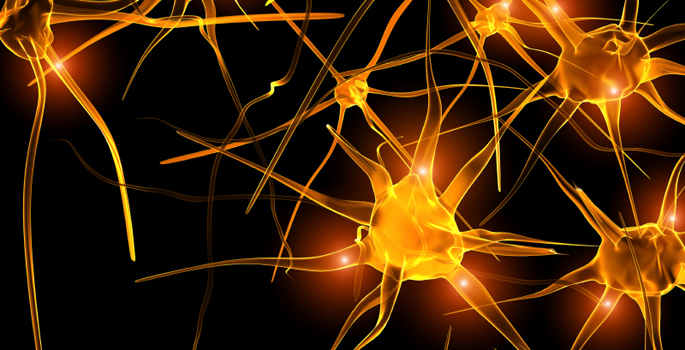
Imaging guidance for nerve repair
A noninvasive, quantitative MRI method could be used after surgical repair of traumatic peripheral nerve injury to help clinicians make decisions about whether additional surgical interventions are needed. Read MoreFeb 9, 2021
-
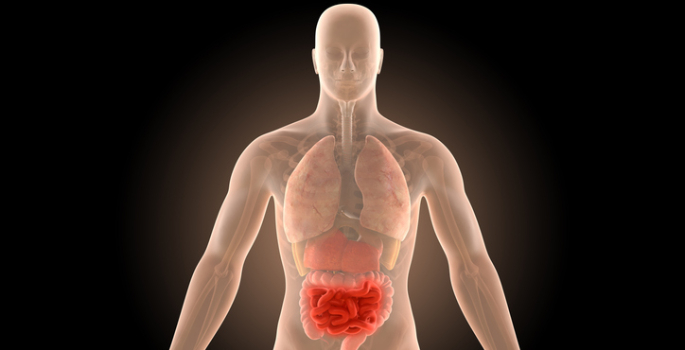
Potential biomarker for IBD severity, cancer risk identified
A selenium transport protein produced in the colon may be a novel biomarker for assessing disease severity and cancer risk in patients with inflammatory bowel disease. Read MoreFeb 4, 2021
-
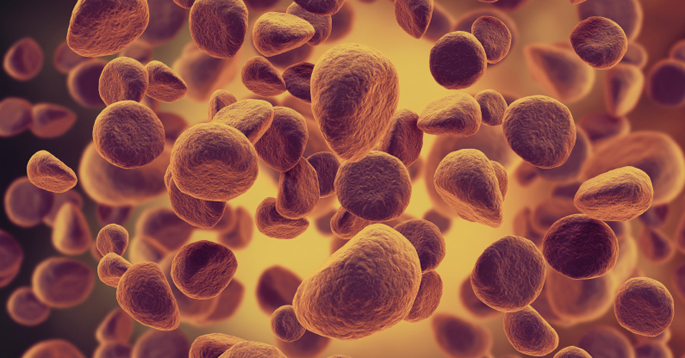
Gene network for leukemia factor
A new method speeds the analysis of factors that control gene expression from days to minutes, allowing researchers to uncover new targets for cancer treatment. Read MoreFeb 4, 2021
-

Inflammation in genetic epilepsy
Brain inflammation links genetic and acquired epilepsy — providing new clues about epilepsy development and pointing to potential treatments. Read MoreJan 21, 2021
-

Mitochondrial stress and hypertension
Oxidative stress and toxic products called isolevuglandins in mitochondria play a role in endothelial dysfunction and hypertension — and getting rid of them with a special “scavenger” molecule has therapeutic potential. Read MoreJan 12, 2021
-

Microbial RNA and rheumatoid arthritis
Small RNAs — short stretches of genetic material — from microbes may be playing a role in rheumatoid arthritis and other autoimmune diseases. Read MoreJan 11, 2021
-

Polymer protection for heart muscle
Vanderbilt researchers demonstrate that the polymer P188 has promise as a therapy to prevent reperfusion injury — the cellular damage that occurs when blood flow returns after an ischemic event like a heart attack. Read MoreDec 14, 2020
-

Study details early events of inflammatory response
Vanderbilt University Medical Center investigators have identified a key molecular player in the early events of the inflammatory response to infection. The findings suggest new therapeutic possibilities for enhancing the inflammatory response to protect against pathogens and for blocking inflammation gone awry in diseases like arthritis and atherosclerosis. Read MoreDec 10, 2020
-

A cohort for type 2 diabetes studies
A study group of more than 600,000 patients with type 2 diabetes, identified from electronic medical records in the PCORnet national research network, could be valuable for assessing the safety of type 2 diabetes drugs. Read MoreNov 17, 2020